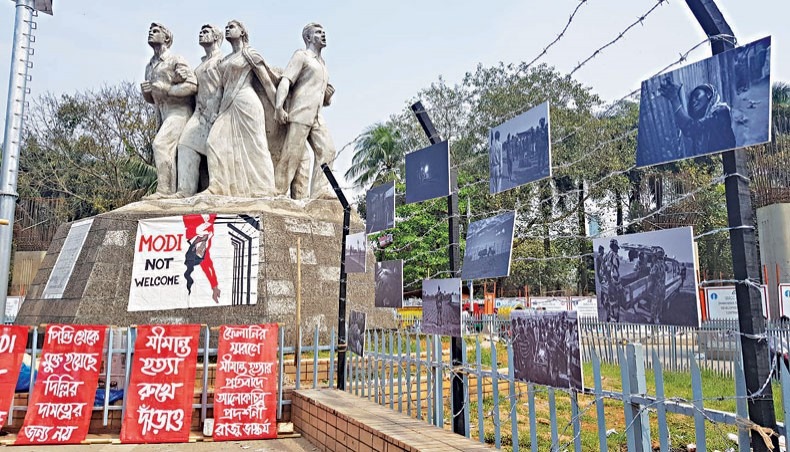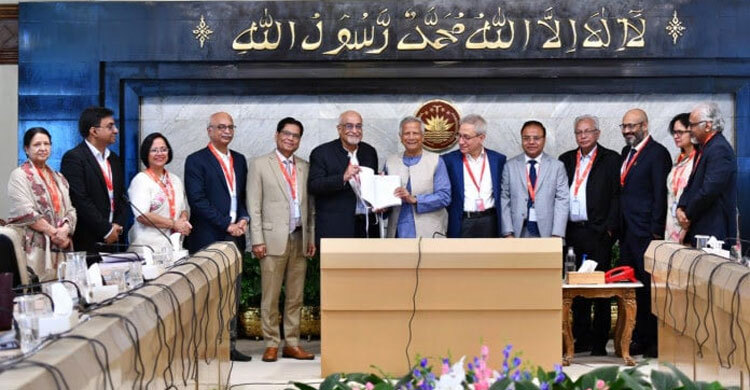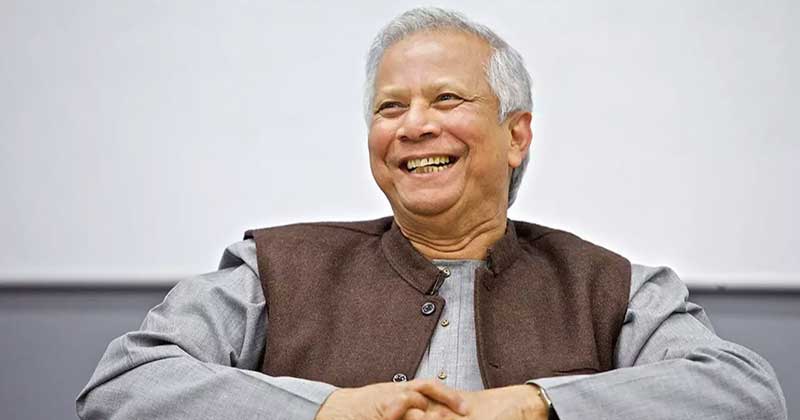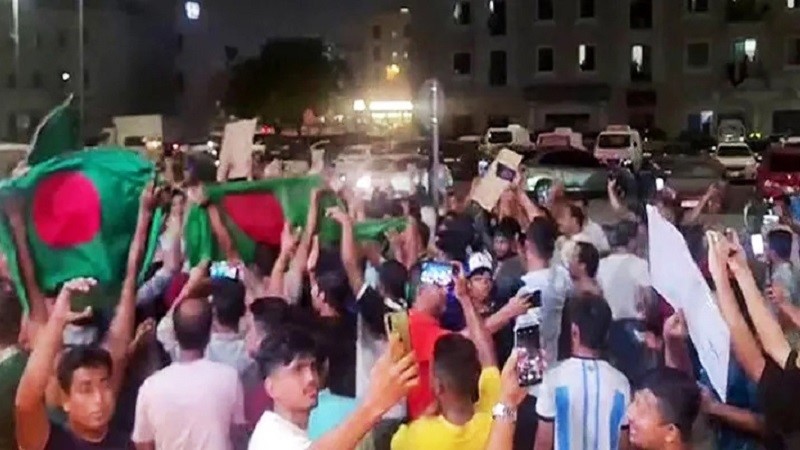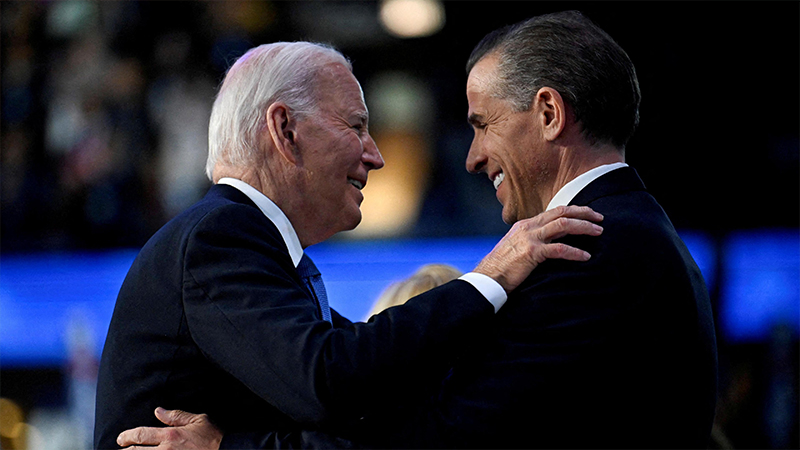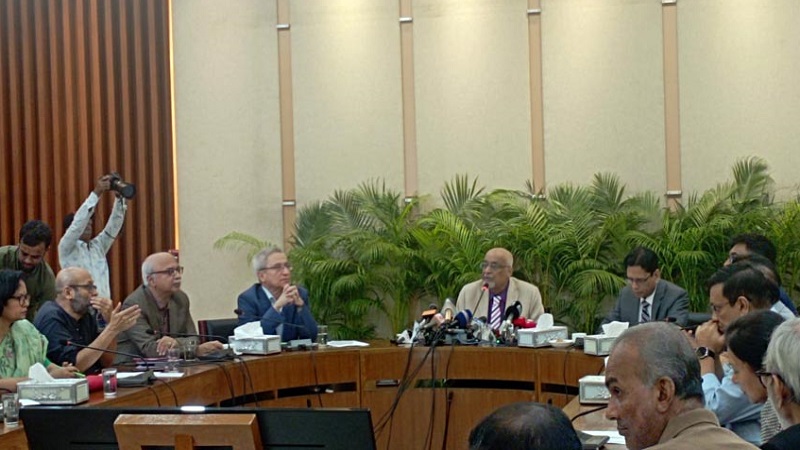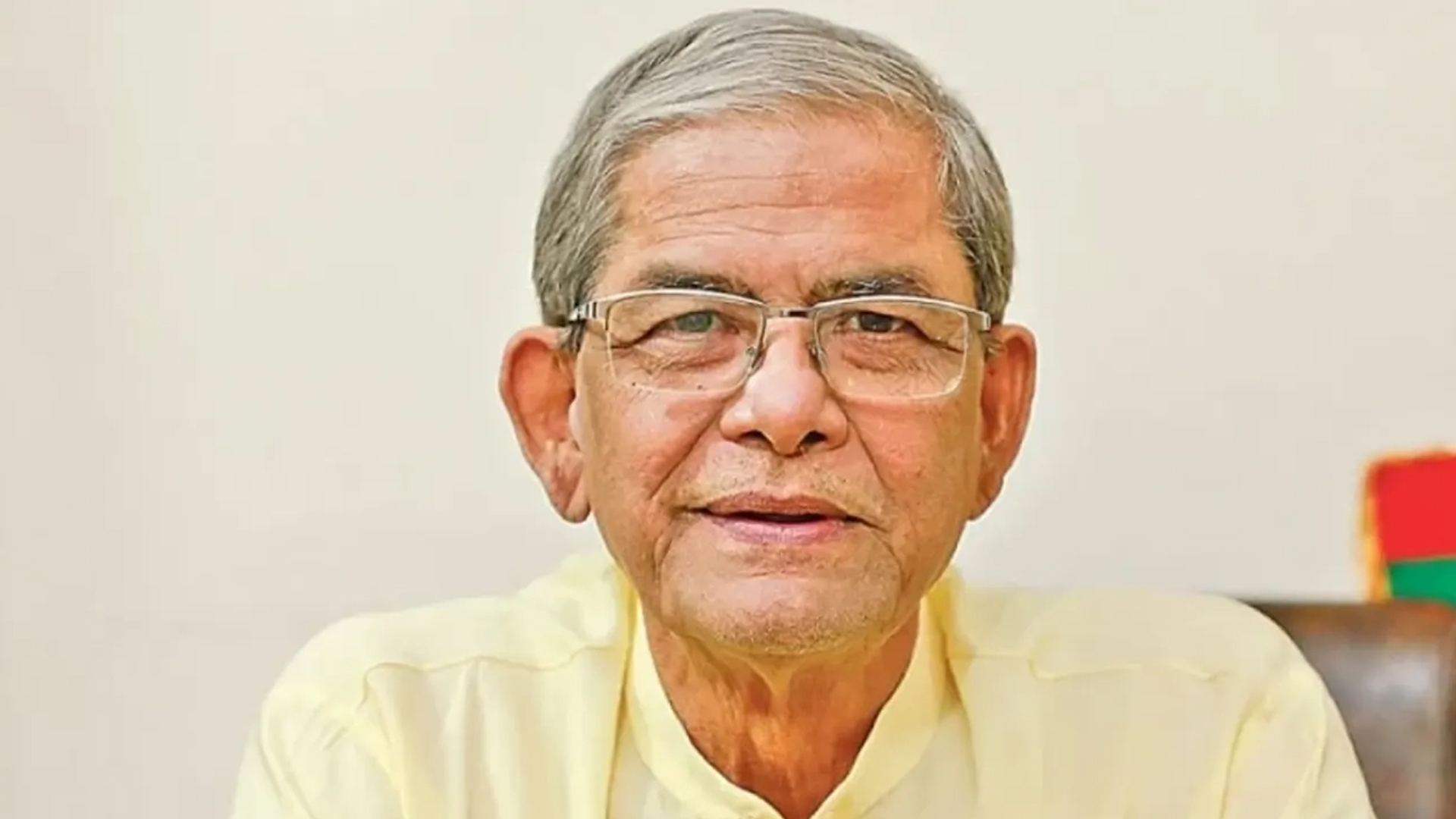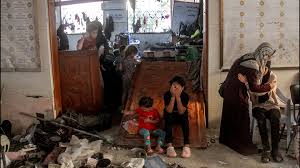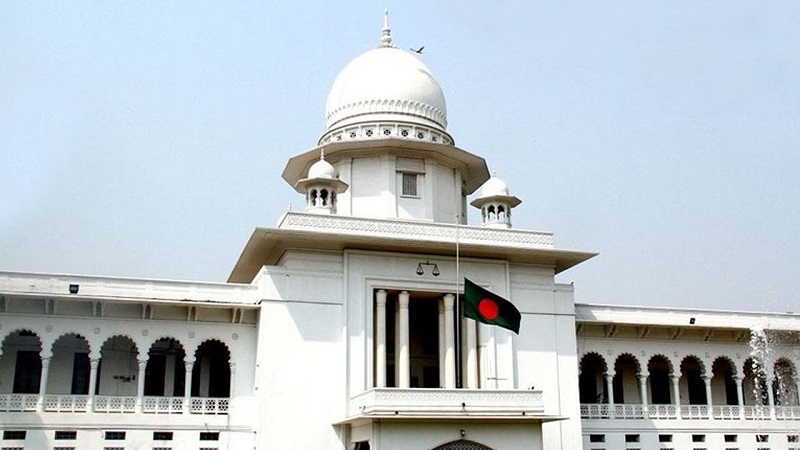Indian authorities should investigate and prosecute newly alleged abuses by the Border Security Force along the Bangladesh border, Human Rights Watch said on Tuesday.
Ten years ago, the Indian government announced, following publication of a Human Rights Watch report on the issue, ‘Trigger Happy,’ that it would order the BSF to use restraint and rubber bullets, instead of more lethal ammunition, against irregular border-crossers, the New York-based rights group said.
Indian and Bangladeshi non-governmental organisations had reported that the BSF was continuing to commit abuses, including extrajudicial killings, torture, and ill-treatment of both Indian and Bangladeshi border residents. Indian border guards, deployed to prevent cattle rustling, smuggling, and illegal crossings, said they use force only when they come under attack.
‘Indian government orders to border forces to exercise restraint and limit the use of live ammunition have not prevented new killings, torture, and other serious abuses,’ said Meenakshi Ganguly, South Asia director at Human Rights Watch. ‘The government’s failure to hold security personnel accountable has led to further abuses and the harassment of very poor and vulnerable populations,’ she added.
The Indian government had issued public orders to exercise restraint and end unlawful killings, and made assurances to Bangladesh, including during talks in December 2020. However, the Bangladeshi group Odhikar alleged that the border forces had killed at least 334 Bangladeshis since 2011 and committed other instances of severe abuse, including 51 killings in 2020.
Banglar Manabadhikar Suraksha Mancha, an Indian organisation that had investigated at least 105 alleged killings by BSF in the border areas in West Bengal state since 2011, said that the actual number of killings was most likely higher. MASUM also reported that BSF soldiers had arbitrarily detained and tortured suspects and harassed and threatened Indian residents in the border area.
MASUM reported to the National Human Rights Commission of India that on November 18, 2020, BSF soldiers beat and shot to death Samser Pramanik, 16, in Cooch Behar district in West Bengal state for alleged cross-border cattle smuggling. The soldiers allegedly detained Pramanik when he was trying to take cattle across the border, beat him with bamboo sticks and rifle butts until he fell unconscious, and then shot him in the chest and left him at the border fence. The Haldibari police station filed an unnatural death case, but so far has failed to take further action.
On August 9, 2020, a BSF soldier allegedly shot and killed Sahinur Haque, 23, in Cooch Behar district, MASUM reported. At about 7:00pm, a rubber pellet fired by BSF personnel hit Haque while he was playing games on his cell phone with his brother and cousin in front of his house. A soldier then allegedly beat and shot him. The police filed a case of unnatural death.
The news media reported that on April 19, 2020, a BSF soldier killed a 16-year-old Bangladeshi boy, Shimon Roy, in Thakurgaon district in Bangladesh. His father, a schoolteacher, said he and his son were building a fence around their jute field when a BSF soldier entered inside Bangladesh territory and told them to leave the place. When they protested, saying they were on their land, the soldier allegedly shot the boy in the abdomen.
On July 4, 2020, BSF soldiers allegedly shot a 50-year-old Bangladeshi man in Chapai Nawabganj district. A local lawmaker said that after the man went to the area to cut grass for livestock and inadvertently crossed the border, BSF personnel allegedly killed him and moved his body back into Bangladesh territory.
Efforts by local residents and activists to file complaints and secure justice have resulted in threats and intimidation. MASUM activists said they faced routine harassment from police and the BSF, including arbitrary detention and fabricated criminal charges.
The India-Bangladesh border is heavily populated, with large numbers of people moving back and forth to visit relatives, buy goods, and seek jobs. Some engage in petty and serious cross-border crime. However, instead of arresting suspects and handing them over to the police for prosecution, BSF soldiers are frequently implicated in beating and torturing suspects. Some border guards are reportedly also involved in facilitating cattle smuggling or human trafficking, and target people who resist extortion attempts.
Bangladesh has repeatedly protested abuses at the border


